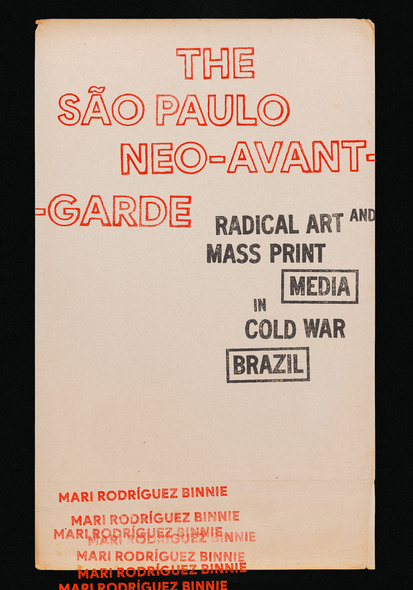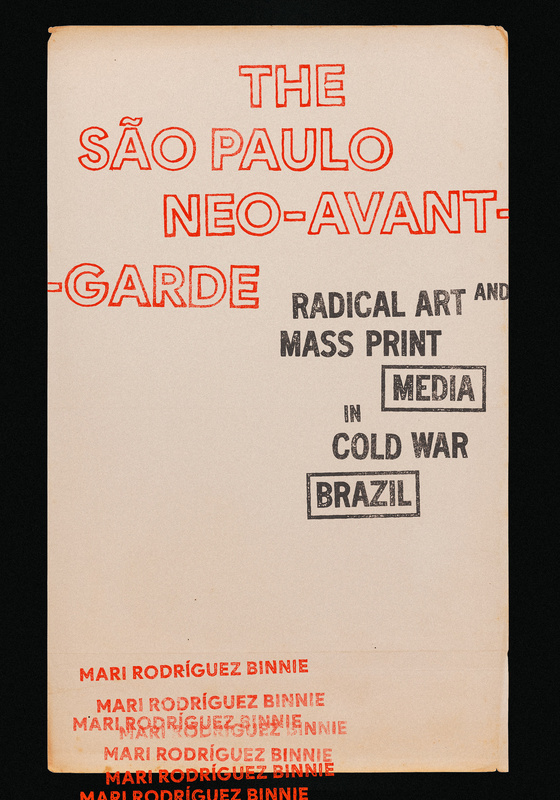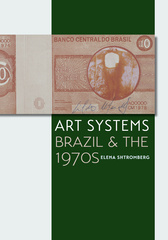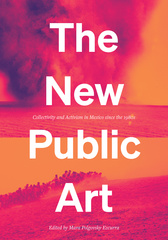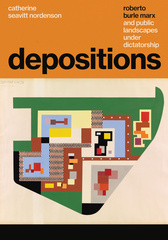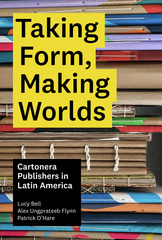The São Paulo Neo-Avant-Garde
Radical Art and Mass Print Media in Cold War Brazil
How artists challenged a military dictatorship through mass print technologies in 1970s and 1980s São Paulo.
Throughout the 1970s and into the 1980s, during Brazil's military dictatorship, artists shifted their practices to critique the government and its sanitized images of Brazil, its use of torture, and its targeted persecutions. Mari Rodríguez Binnie's The São Paulo Neo-Avant-Garde examines these artworks and their engagement with politics and mainstream art institutions and practices.
As Binnie skillfully shows, artists appropriated processes like photocopy, offset lithography, and thermal and heliographic printing, making newly available technologies of mass production foundational to their work of resistance against both the dictatorship and the established art world. Often working collaboratively, these artists established alternative networks of exchange locally and internationally to circulate their work. As democracy was reestablished in Brazil, and in the decades that followed, their works largely fell out of sight. Here, in the first English-language book to focus entirely on conceptual practices in São Paulo in the 1970s and 1980s, Binnie unearths a scene critical to the development of contemporary Brazilian Art.
Mari Rodríguez Binnie offers groundbreaking research on the São Paulo Neo-Avant Garde during Brazil's military dictatorship's 'leaden years' (1969–1974) and the subsequent transition to neoliberal democracy. The author demonstrates how radical experimentation with mass print media allowed artists to defy the regime's censorship and the repressive Institutional Act #5 (AI-5). The artists, curators, critics, and philosophers highlighted in this study collaborated, co-created, and founded alternative exhibitions and archival spaces. Most importantly, they harnessed mass media technologies from the fringes to assert their aesthetic and political rights under hostile circumstances. Ariel Dorfman once noted, 'Some write to the future.' Binnie retrieves those voices and images, offering a glimpse into the dynamic avant-garde movement that championed democracy in Brazil.
A major contribution to the growing bibliography on postwar Brazilian art, Mari Rodríguez Binnie’s insightful new study focuses our attention on the period of the military dictatorship in São Paulo. Integrating artists that have long been neglected by existing narratives, Binnie navigates the many competing interests shaping artistic expression. Recasting the artistic activities through the lens of the neo-avant-garde allows the author to examine political repression, the burgeoning art market, and novel graphic experimentation. Her detailed and animated analyses of the works and their sociopolitical context allows one to truly grasp the radical artistic energy of the period and its enduring impact on contemporary art.
Mari Rodríguez Binnie is an assistant professor of art history at Williams College and at the Graduate Program in the History of Art at the Sterling and Francine Clark Art Institute.
- List of Illustrations
- Introduction
- Chapter 1. Off and On
- Chapter 2. Redaction
- Chapter 3. The Geometry of Dissent
- Chapter 4. “El arte se hace en fotocopias”
- Coda
- Acknowledgments
- Notes
- Archives and Sources
- Bibliography
- Index

